Night Journey and the Ascension: A Brief Account on Isrā’ and Miʿrāj
سُبْحَانَ الَّذِي أَسْرَى بِعَبْدِهِ لَيْلاً مِنَ الْمَسْجِدِ الْحَرَامِ إِلَى الْمَسْجِدِ الْأَقْصَى
(Glory to him who took his servant to a journey by night from the sacred mosque/masjid-ul-haram to the farthest mosque/masjid-ul-Aqsa)[Surah Al-Isra’: 1]
وَلَقَدْ رَآهُ نَزْلَةً أُخْرَى عِنْدَ سِدْرَةِ الْمُنْتَهَى. مَا زَاغَ الْبَصَرُ وَمَا طَغَى
Indeed he saw him a second time near the lote-tree. His eye did not waver, nor did it stray [Surah al-Najm: 18]
Isrā' and Mi'rāj are the second most marvellous miracle provided by the Almighty Allah to the most beloved Messenger Muhammed ﷺ after the noble Quran. It is a two-part journey that took place on a night in the year of 620 C.E. Al-Isra' is the night expedition consisting of four halts and a final destination along with the companionship of the archangel Jibrīl and Mi'rāj is the escalation of the Prophet ﷺ to the heavens and beyond.
Both of the aforementioned Quranic verses indicate the incidents of Isrā' and Mi'rāj. Even though the Quran is enough to prove the epic marvel of the night journey and the escalation, there is plenty of evidence consolidating the existence and reality of the night events. More than 45 honest Ṣahabah reported the Hadiths describing the miraculous night, which is considered as mutawatir(A hadith reported by a group who can't be united on fib).
Al-Isrā'
The night journey was a solace present of the All-Merciful Lord to the Prophet Muhammed ﷺ who was once praised by the Meccan people for his honesty and then abandoned when he was bestowed with prophethood. His kith and kin rejected him, tortured him, and even used the children to stone him on the streets of Ṭā’if, along with the great grievance of losing his most beloved strongholds (Khadeeja and Abu Talib). The Messenger was shattered whereas Allah ﷻ decided to heal him with His noble gifts.
Right after the year of sorrow, Allah sent Jibrīl to take Muhammed ﷺ on an expedition full of surprises and wonders. Jibrīl descended through the roof of Ummu Hani in the night according to God’s will, where he opened up the chest of Muhammed ﷺ to cleanse his holy heart with Zamzam water and to fill it with faith and wisdom. Prophet Muhammed ﷺ travelled upon a white beast, fetched by Jibrīl, named as Al-Burāq(from the word meaning lightning) which was smaller than a mule and bigger than a donkey. It covered a reach-of-sight distance in a single stride.
During the night tour to the noble sanctuary of Jerusalem, Jibrīl made halts in Madinah, on Mount Sinai, Bethlehem, and at the grave of Musa. He said to Prophet ﷺ, "dismount and pray" in every mentioned location. Madinah was chosen to pray as it would be the land of upcoming migration. Mount Sinai was the sacred place where Allah revealed Tawrāt to Musa and Bethlehem was the birthplace of Isa (as). While the Messenger visited the grave of Musa, the Prophet ﷺ saw him praying beside his own grave.
Then after, the Messenger ﷺ reached the final destination of Bait-al-Muqaddas (Masjid al- Aqsa or the noble sanctuary). Jibrīl tied the Burāq on the rock near the western wall of the noble sanctuary (temple mount) -the rock is now housed by the famous dome of the rock, near Masjid al-Aqsa. Jibrīl led Muhammed ﷺ to the front of 124000 prophets to lead the congregational prayer.
Following the prayer, the Prophet ﷺ met the gatekeeper of the hell, angel Malik who greeted the Prophet with salām. The prophets praised the Lord of all worlds and talked about doom's day, whereas Isa (as) said that when Dajjal descends "I would arrive to kill him, later on, the world will fall in the dreadful acts of Ya'jūj and Ma'jūj". While the Prophet Muhammed ﷺ left the masjid, Jibrīl bought a bowl of wine and a bowl of milk, from which the Prophet chose the latter. Jibrīl said, "Oh Messenger of Allah, You have chosen the natural state".
Al-Miʿrāj
The second part of the night journey started with the ascension of Muhammed ﷺ to the heavens. Jibrīl was the escort of Muhammed as he cleared the entrance to the heavens by introducing Muhammed ﷺ to the gate-keepers. Each of them greeted Muhammed ﷺ with utmost respect and regards.
All the seven heavens were filled with wonders. Muhammed ﷺ met Adam, the progenitor of humankind, at the first heaven and both of them exchanged salām. The Messenger beheld spirits of both winners and losers on the right and the left sides of Adam (as).
He ascended to the rest of the heavens, where he met many prophets. While Muhammed ﷺ was passing through the sixth heaven, he heard Musa (as) weeping. As he inquired the reason, Musa replied: A young man who would be sent (as the Prophet) after me will have more followers to enter heaven than mine. The holy Prophet ﷺ witnessed the wonder of Bait-ul-Ma'mūr, a batch of 70,000 angels arriving there daily, to glorify Allah and never return until the doom's day.
Witnessing all the unseen wondrous splendours, the Messenger ﷺ was then escorted up to Sidrat al-Muntaha (literal meaning the lote-tree), and its boundary was never crossed before by anyone. Jibrīl then exposed his inability to pass the boundary, where awaits the divine presence of the Almighty. The best of creation is now alone to meet the Creator.
Allah bestowed the gift of fifty obligatory prayers to the Prophet Muhammed ﷺ and his ummah, he ﷺ accepted the gift and bid adieu to the divine presence. While returning, Musa requested the Prophet ﷺ to seek a reduction in prayers because the ummah would be incapable to handle or manage fifty prayers a day. The Prophet ﷺ returned to the divine presence and asked the Almighty for a reduction, to which God responded by reducing fifty to five, yet without any reduction in rewards.
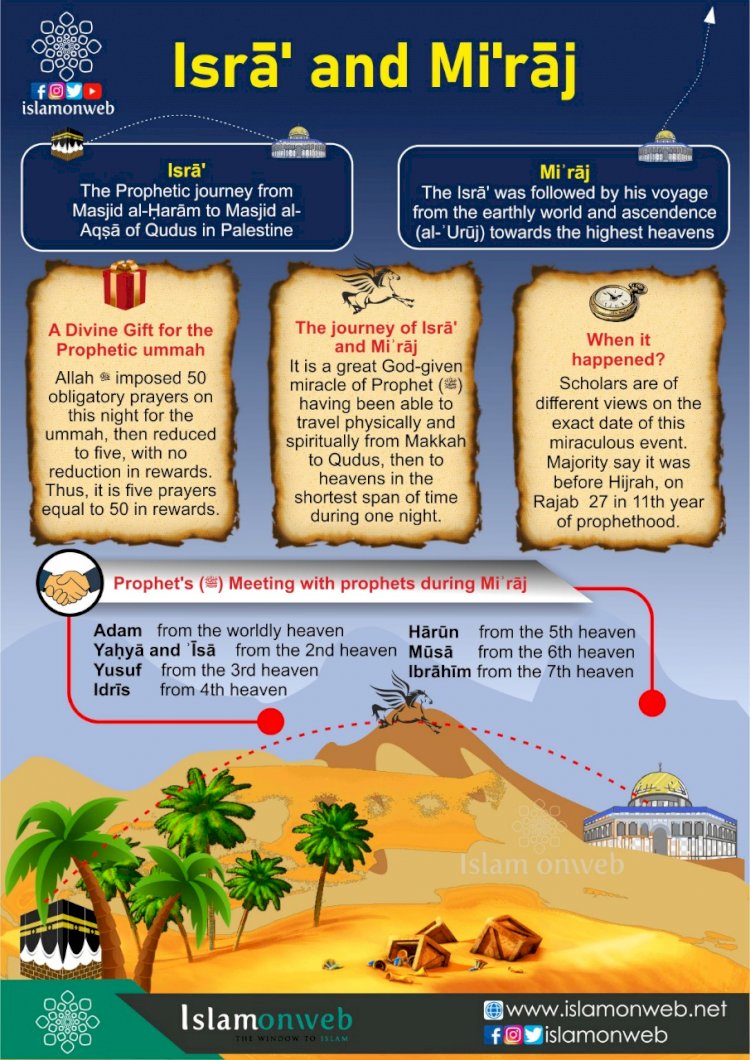
The Relevance of the Miracle
Miracles (Mu'jizāt) are supernatural activities with which Allah ﷻ supports His prophets and messengers to solidify their claim of prophethood among non-believers. These activities cannot be replicated or imitated by ordinary people with material resources; even the word I'jāz (root-word of Muʿjizah) means incapacitation or inimitable. Each Messenger shows unique muʿjizah especially in the most important as well as undeniable matters among their respective societies. For example, ʿĪsā was sent to a community that acclaimed higher medical knowledge. His birth was a Muʿjizah as he was born without a father, thus defying biology's fundamental law. By the divine will, he reanimated the dead, healed the blind and the lepers without any medicine and created life-forms from clay. All these Muʿjizah were against their scientific knowledge and impossible to replicate or win over.
Likewise, Musa was sent to a community among whom black magic was popular. Musa surpassed their common belief-system with hisMuʿjizah i.e., the lightning and converting his walking stick into a giant snake without prior knowledge about magic. This was enough to convince, all the expert black magicians, that he was a true messenger.
When it comes to the Prophet ﷺ, Quran is the prime and supreme Muʿjizah which was revealed in Arabic using a particular linguistic patter different from prose and poetry. Nothing similar to the Quranic verses was ever written or spoken by anyone on earth before. In addition to its linguistic miracle, the Quran is filled with knowledge and undiscovered scientific facts. Similarly, Isrā’ and Miʿrāj become relevant in a world where physicists have proved the existence of parallel universes and the possibility of a wormhole through which space exploration will hit new heights.
(Ashfaque is degree Student of Malik Deenar Islamic Academy, Kerala, India)
Disclaimer
The views expressed in this article are the author’s own and do not necessarily mirror Islamonweb’s editorial stance.

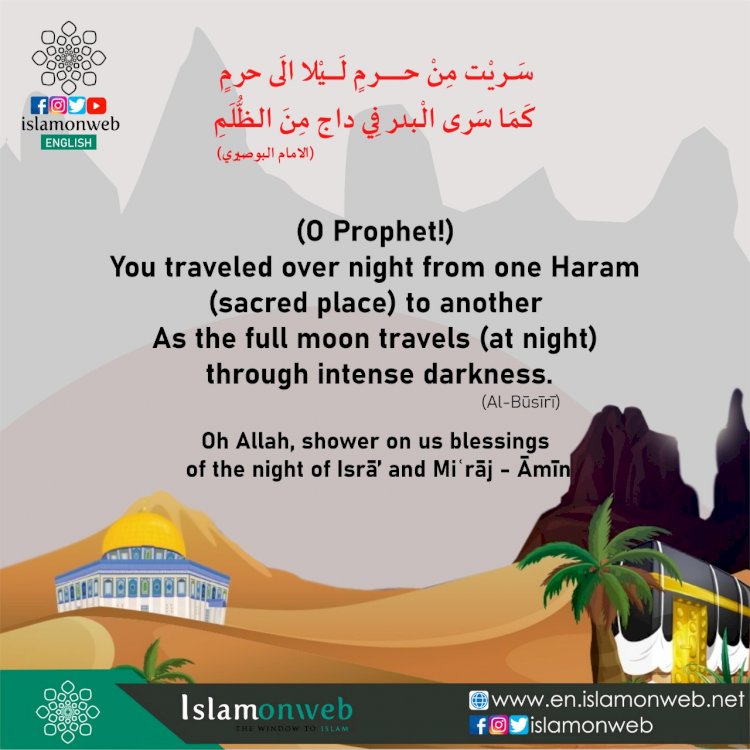



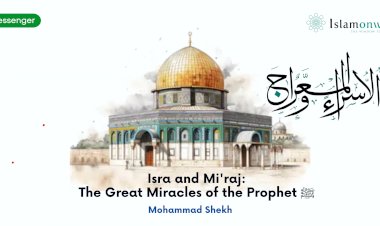
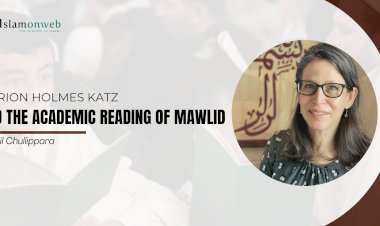
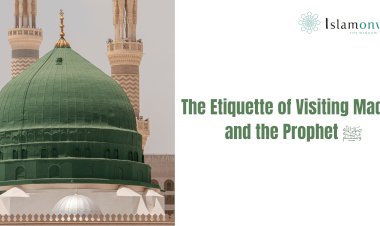
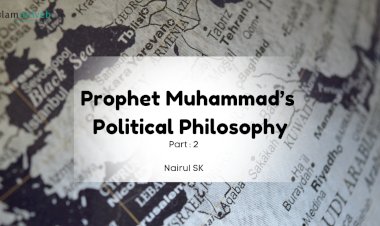
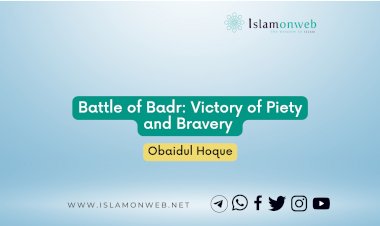
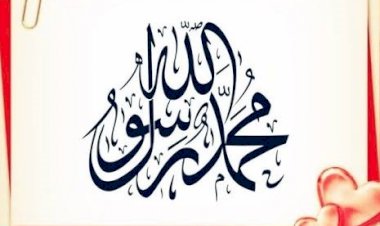














Leave A Comment